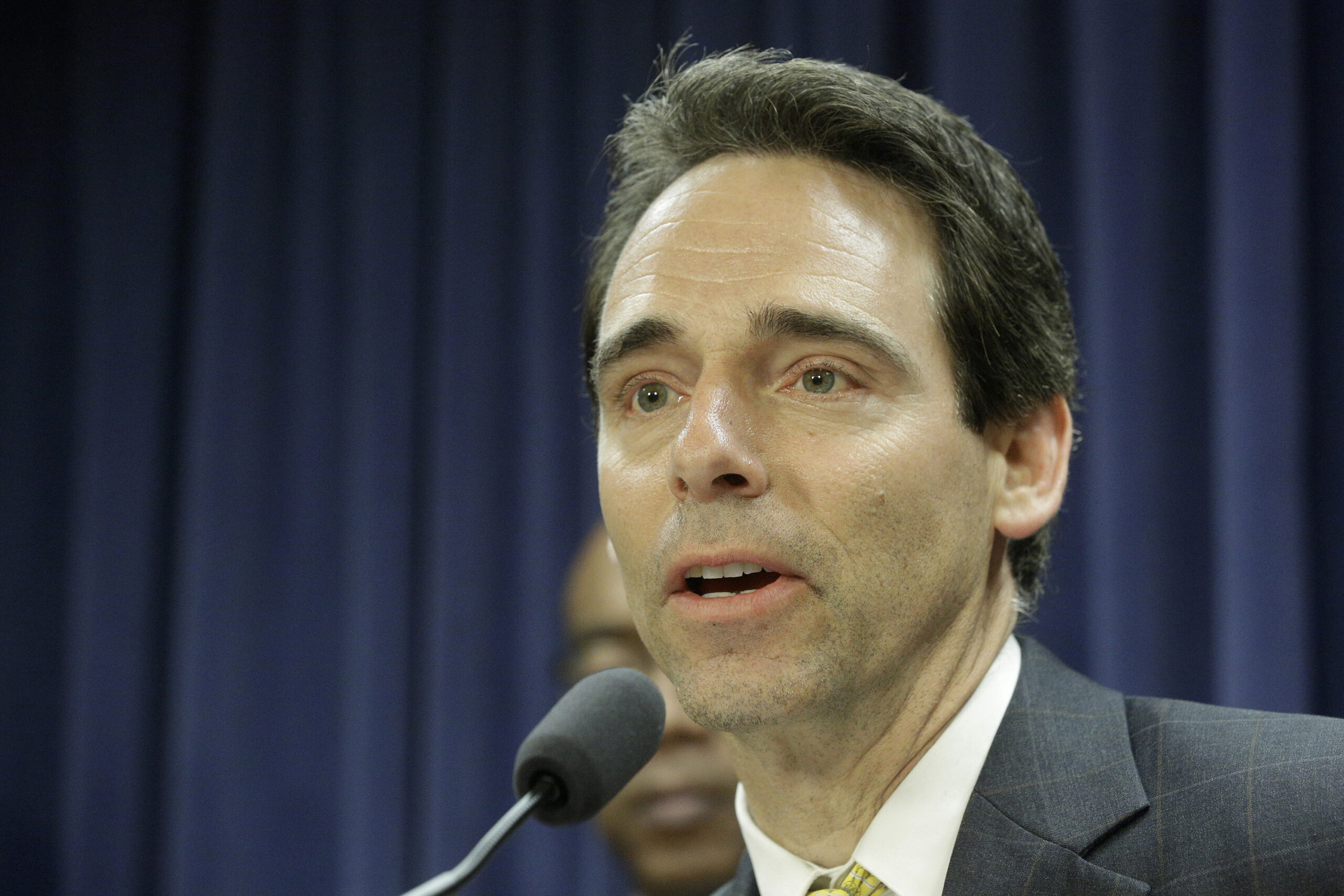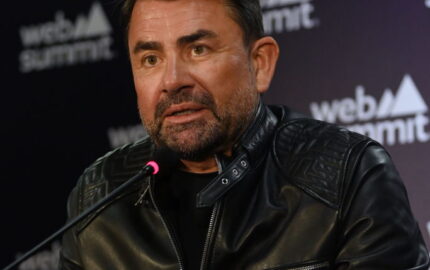What makes Steve Stadelman, an Illinois state senator, so concerned about local news? It’s not just his 25-year career in local broadcast media, which he left to enter politics in 2013. Stadelman says it doesn’t take someone from within the industry to notice that there’s a local news crisis unfolding across Illinois (and the rest of America) that’s affecting small towns, big cities, and everyone in between.
Between 2005 and 2023, journalism jobs at Illinois newspapers dropped 86%, according to The State of Local News 2023, a project of Northwestern’s Medill Local News Initiative. About 100 counties have no local source of news, and 33 rely on just a single source. These numbers are particularly acute in Illinois, but also represent a nationwide trend.
In February, with backing from the Illinois Local Journalism Taskforce, Stadelman introduced two Senate bills that aim to keep local newspapers alive, put more reporters on the ground, and ultimately protect democracy.
The Community Media Preservation Act focuses largely on tax incentives for local news outlets to hire more journalists. It also establishes provisions for the sale of local news organizations to out-of-state companies and creates a journalism student scholarship fund. The Journalism Preservation Act lays the groundwork for local news organizations to be compensated by big media companies that use their content.
Stadelman spoke to Nieman Reports about the importance of government involvement in bolstering local media. The conversation has been edited for length and clarity.
How has your experience as a journalist led you to make local news a legislative priority?
I was a TV reporter and anchor for over 20 years before I dove into politics, so [I’m] very familiar with the news media landscape; obviously more on the broadcast side than print media. Over the years, you saw a steady decline in the number of reporters, the ability to have local reporters on the streets. Obviously, being in the media profession, you're just aware of what's going on with all platforms, how they're impacted [by] the rise of social media.
What are the problems the legislation is seeking to address?
The bottom line is the number of working journalists in Illinois and across the country has dropped dramatically over the last 10,15 years. With that development, and lack of local news … you don't have reporters covering local school board meetings [and] city council meetings. People don't have the information they need to make decisions, whether they're voters or just knowing what's going on in the community. And I would argue [that if] you don't have a spotlight on local government … that can lead to more corruption [and] higher taxes and residents not knowing how to come together to address the problems. You lose that community fabric.
The ability to push a political agenda and push out misinformation, I think that's gotten worse, partly because of the lack of local news.
What are the main themes of the two bills?
The [Strengthening Community Media Act] is a specific policy solution that can help improve the business model or the financial situation of local media outlets. It relies heavily on tax credits to incentivize employers to hire more local reporters, to help stabilize the business operations … and to help stem the decline.
The other is called The Journalism Preservation Act. This is really a longer term issue. Fundamentally, local media outlets have been hurt because the advertising revenue has gone to big tech companies. You have these large tech companies that use the content, mainly from local organizations, newspapers, broadcast and put it on their platforms, and they've made a lot of money from that. They've been using content, but there's been no reimbursements back to local newsrooms. [We’re] trying to create a revenue stream from these big tech companies and somehow distribute that to local media.
Why should the government be involved in supporting journalism?
The government has always been involved in supporting local journalism. In the 1700s, they had a reduced rate for mail carriers so newspapers hundreds of years ago could more easily distribute their papers. We have public broadcasting. In some parts of rural Illinois, public broadcast stations are the only news information people get. So, government's always created and always had some role in the distribution of local news and media.
What do you say to critics who argue either the government could exert undue influence?
We're not trying to say how local journalists should cover communities. But I do think the state government has a role in making sure that there are local journalists. We're just trying to incentivize through tax policy. We do that in a lot of subject matter areas, trying to incentivize behaviors that we think are good for businesses, good for communities.
I don't tell reporters what to report or how they should report it. But I think we want to make sure that the reporter is there on the ground in the first place.
What kinds of responses have you received so far?
It generates mostly positive comments. I think people are generally frustrated with the lack of local news. They may still have a newspaper, but they know there aren't as many reporters. They know the content isn't as robust.
I've had good conversations with lawmakers and leadership. They get the issue. [But] tax credits are always hard to pass. And that's what I'm up against: What's the price tag? It's not really clear at this point, because nobody's really done it [in Illinois]. We don't know how expensive these incentives will be.
What’s next for these bills?
It was assigned to a [Senate] committee [in February] which is a good sign. It doesn’t guarantee anything, but it was assigned to the Executive Committee and that tends to debate some of the more substantial pieces of legislation. If we're able to get it out of the Senate, we'll have allies in the House.
What advice would you give other states that are working on policy to address news deserts?
I think [a] task force is extremely helpful. We’re able to hear from journalists, organizations that represent journalists, and media companies as well as [representatives from] the academic world. I know nobody likes task forces and we do too many of them, but just spending time to study the issue and what the situation on the ground is [is important]. I think it's still a relatively new area of policy.



